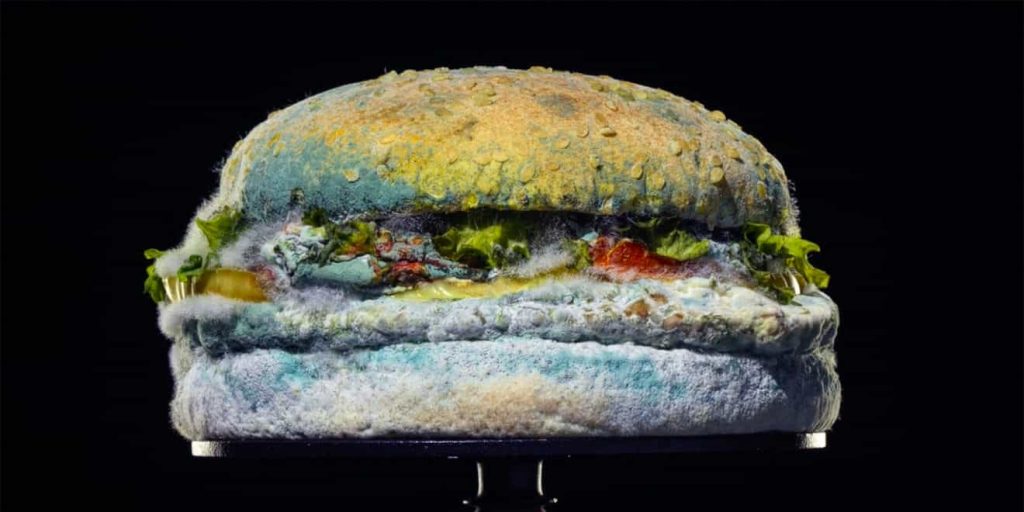COMPANIES NEED TO UNTHINK MARKETING AND BRAND THINKING AND THINK REPUTATION
There are fundamental differences in brand and marketing thinking and reputation thinking, and this is where organisations can come unstuck if they drive reputation from the tandem of brand and marketing. Endemic to marketing is to prioritisation of sales and profits with gut feel instinct and risk-taking part of marketing’s culture. This is not to say that these are bad things for reputation management when tempered by consideration of the consequences of marketing’s actions. However, marketers have traditionally tended to careers build aiming for spurts of sales growth rather than more sustainable growth based on strong values.

The need to UNTHINK brand and marketing thinking
While marketing can be ethical and mostly is, ethics are not yet central to marketing. Marketing is traditionally about image-making, and this has often meant creating an illusion that is much bigger and more compelling than reality, i.e., adding value. At times, this has meant creating difference out of little or no difference, such as analgesics for back pain, headache, and other specific areas of the body, or slightly misleading with ‘buy one, get one’ style retail advertising. These practices have damaged marketing’s and advertising’s reputation. A solid ethical base is essential to a good reputation. However, it is not clear whether this ethical base is integral to a marketer’s core training in universities and especially on the job.
While marketing is changing and some marketers may have the impetus to work to a new paradigm, there is still too much invested in the brand illusion, the short sales lift, and career-building through daring attention-seeking moves. An example in 2020 is Burger King’s moldy burger designed to get the admirable message across that the burgers are preservative-free. This ad is great from the point of view of marketing. The message resonates with health consumer concerned stakeholders. The ad gained a lot of engagement and interest going viral but has real risks given the dominance of visual message over other senses.

There needs to be a fundamental shift in mindset towards custodianship and a return to a more valid basis of marketing, i.e., helping people make progress in their lives. If coupled with mindfulness of the need to balance the values of diverse stakeholders, we have hope for a future for marketing as a more respected profession. To Burger King’s credit, the move to have The Whopper® preservative-free is in line with this, especially as Burger King actually removed all preservatives making the message based on a real improvement. However, the impact would be different if the burgers were always preservative-free, putting another lens on this commercial. We agree that this advertising was a much more engaging and attention-getting way to get across this message. The question is whether these sorts of short-term attention or sales lift are worth it.
Naturally, all companies seek sales lifts and short-term boosts can be the icing on the cake as long as it doesn’t damage reputation and resources are not directed to short term over sustainable goals. The challenge is not easy when short-term lifts are a necessity to quarterly or monthly reporting.
It means, however, means in our view that the board has to be the custodians of reputation with delegation to corporate and public affairs and reputation specialists. Marketing needs to be a party to this but needs clear guidelines and checkpoints to work within.
The same guardrails should be applied to public relations, of course, in case it degenerates into spin-doctoring.
More about how Reputation is different from Brand coming soon.
If you are interested in learning more about reputation and research, don’t hesitate to contact Liane Ringham via e-mail or visit our Corporate Reputation webpage.


